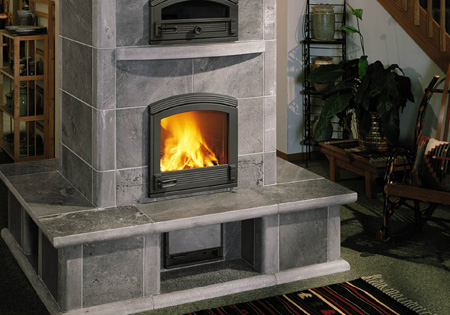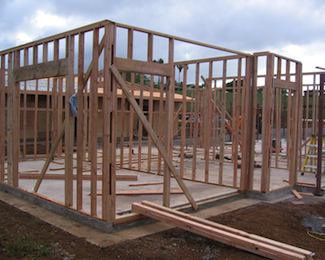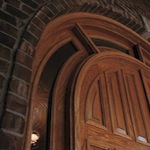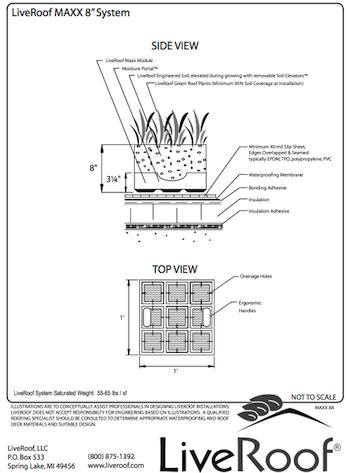Green Home Siting
Green home design often focuses on products and materials, but how a home sits on a site can actually be its 'greenest' attribute. There are a number of reasons why a homes' siting is so important; let's take a look at some of them.
Here Comes the Sun
The biggest reason a homes' siting is so vital to efficiency is right over our heads: the sun. How a house orients itself to the sun can have a huge impact on both heating and cooling costs, and the energy needed for both. This concept, called passive solar design, can reduce energy usage without any investment or technology.Another design concept that doesn't cost anything but reduces energy usage is called daylighting. By placing windows in advantageous locations, the sun can provide most if not all of the homes' lighting during the daylight hours.
A home that has plentiful southern exposures is also going to be well-prepared for future solar panel or solar hot water installations in order to take advantage of the renewable power pouring down from the Sun.
For further information on passive solar design and daylighting, go to our article here.
The importance of proper home siting doesn't stop with taking advantage of the sun. There are other ways to minimize the environmental impact of your home.
A Home on a Slope
A southward-facing home takes advantage of the suns' energy as noted, but placing the home on a south-facing slope allows it to maximize that energy even more. A south-facing slope gets the most perpendicular sun rays during the winter; that means more heat that can be used in the home.A home placed on a slope also reduces its exposure to frost pockets. Cool air flows downhill just like water; if a home is at the bottom of a slope, that cool air will pool against it, creating a frost pocket which can harm landscaping and increase heating costs.
Speaking of water, a home on a gentle slope allows water to move away from the home, minimizing the chance of flooding and other water damage. Building a home in a flood plain is never a good idea.
Finally, a home placed on a slope allows for waste to easily be pumped away. Pumping sewage uphills requires lots of energy; a home on a slope with the drain field downhill lets gravity do the majority of the work.
Do Not Disturb (Mother Nature)
Site the home to minimize disruption of the natural environment. Avoid the unnecessary cutting of trees, as they provide shade during the warm months and also act as a wind block; wind against a home can increase energy usage, since wind increases air infiltration. Prepare the building site by disturbing as little of the soil as possible. Try to move any excavated soil to another part of the site for use in gardening or landscaping. Consider building the home closer to the edge of the site nearer the road; the longer the driveway, the more land must be disturbed and the costlier it will be.On a larger scale, consider the location of the site itself. How far do you want to be from work, school, shopping, and other activities? The farther away from these activities the house is, the more energy (and time, and money) it will take to get to them. A home sited closer to town centers requires much less fossil fuel.
Spend Time at the Home Site
Perhaps one of the most important things you can do when researching a new home site is to actually spend time there. Walk the property; what are the views like? Is there abundant nature? How does the sun strike the property at different times of the day? Is there unwanted noise (highway traffic, airplanes flying overhead, loud neighbors), smells (nearby farm animals or factories), or other disruptions (such as light pollution)? Meet with people living nearby to get a feel for whether they enjoy living in the area and whether or not they'd make good neighbors. A little homework up-front can eliminate major headaches down the road.The most important aspect of any home site is personal: will you and your family be happy on this site? Does it reflect your tastes and preferences? If it does, design and site the home on the property to minimize its impact and take advantage of the power of nature.
comments powered by Disqus



























































































































































































